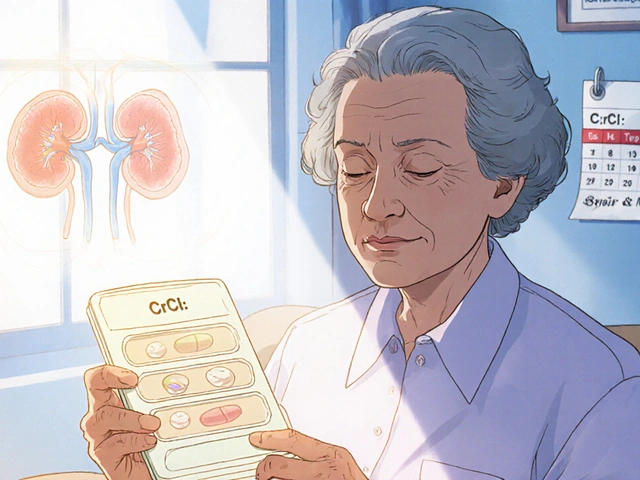Stress Response: What Happens When Your Body Faces Stress
Have you ever wondered why your heart races or your palms sweat when you’re under pressure? That’s your body's stress response kicking in. This is a natural reaction designed to protect you from harm, often called the "fight or flight" response. It’s your body gearing up to face a challenge or escape danger.
When stress hits, your brain signals the release of stress hormones like cortisol and adrenaline. These hormones boost your energy and alertness, quicken your heartbeat, and sharpen your senses. While this response helps in emergencies, constant stress can overload your system, causing issues like fatigue, anxiety, or even health problems.
How Stress Affects Your Body and Mind
Stress isn’t just a mental state; it impacts your whole body. Short-term stress can make you feel wired or jumpy, but it's usually temporary. Long-term stress, however, wears down your immune system, increases risks of heart disease, and affects sleep quality. It can also interfere with digestion and memory.
Mental effects include irritability, trouble concentrating, or feeling overwhelmed. Recognizing these signs early helps you take control before stress turns harmful. No one enjoys feeling stressed all the time, so managing this response is key to better health and mood.
Simple Ways to Manage Your Stress Response
Luckily, there are practical ways to cool down your stress response. Deep breathing exercises can calm your nervous system fast. Getting regular exercise not only releases built-up tension but also helps your body handle stress better over time. Prioritizing good sleep gives your brain the rest it needs to reset.
It’s also helpful to find activities that relax you, like reading, listening to music, or spending time outside. Talking to friends or a professional can provide support when stress feels too heavy. The bottom line: learning how your body reacts lets you take steps to manage stress before it manages you.
Next time stress creeps in, remember it’s a natural part of how your body works. But by understanding the stress response and taking small actions daily, you can keep it in check and feel more balanced.
Burning Sensation and Anxiety: How They're Connected
By Lindsey Smith On 27 Apr, 2025 Comments (11)

Ever felt a weird burning feeling in your skin or body when you’re anxious? This isn’t just in your head—there’s a real connection between anxiety and strange sensations like burning or tingling. This article breaks down why this happens, what it means for your health, and how to tell if it’s anxiety or something else. You’ll get practical tips for easing symptoms and knowing when to see a doctor. Real stories and simple science to help you make sense of it all.
View More




